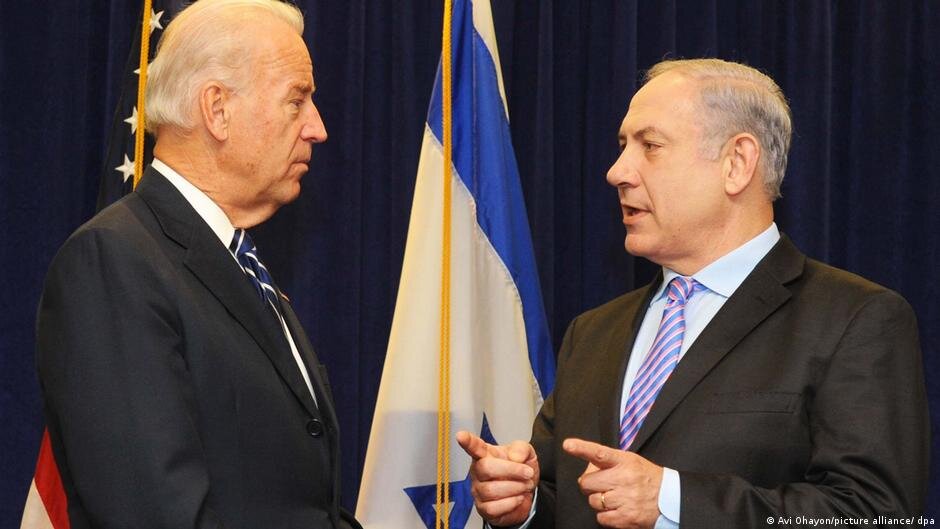Netanyahu and Biden's foreign policy

TEHRAN- U.S. foreign policy is bipartisan for supporting Israel, but Democrats are less influenced by their allies than Republican rivals.
As Netanyahu takes power in Israel, one of the big questions is how it'll affect Biden's foreign policy. In the past two years, when Netanyahu wasn't in power, Russian military action in Ukraine changed the international system. In addition, the conflict caused a rift between Israel and U.S. interests.
Putting this in perspective, the U.S. expects Israel to take a negative stance towards Russia about Ukraine. However, Israel does not want it because it needs Russia to be in Syria, or Israel wants the U.S. not to prioritize diplomacy on the nuclear program. However, the Biden administration hasn't been willing to distance itself from Iran and put a credible military threat on the table.
Taking Netanyahu's approach toward the JCPOA shows he'll use the gap between Democrats and Republicans on the issue to sabotage it until 2024. As a result, if Republicans win in Congress, the opponents of the JCPOA may invite him to give a speech to Congress, just as in the Obama era, so it will be easier for anti-JCPOA policies if Trump or any other anti-JCPOA president takes the helm at the White House after the 2024 presidential election.
Aside from Iran, the presence of the extreme right in Netanyahu's coalition cabinet are counterproductive to the Biden administration’s foreign policy agenda in reducing attention to the Middle East and instead focus on China:
1. As part of its recent mediation between Lebanon and the Lapid government, the U.S. reached an agreement to ease tensions in the region. 2. As part of the same effort to revive the JCPOA, Netanyahu opposes it openly, contrary to the Lapid government. 3. Due to the negative approach of the Netanyahu government and the extreme right in its coalition cabinet to the cause of Palestine, the Abraham Accords attempts to integrate Israel into the region and reduce tension; however, it will face rejection and weakness from Islamic and Arab countries and it will move away from the goal of convergence and closer to divergence.
Due to his anti-human rights views and the extreme right in his coalition cabinet, Netanyahu might pose a challenge to Biden's foreign policy, since he's against minorities, especially Arabs living in Israel and those Palestinian in the West Bank and Gaza. Biden's foreign policy could be challenged so that if he acts against Israel, he'll anger his old ally, and if he doesn't act, he'll be accused of being selective and dual-minded.
